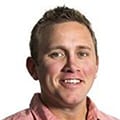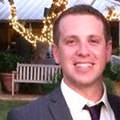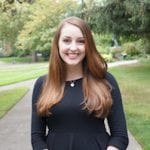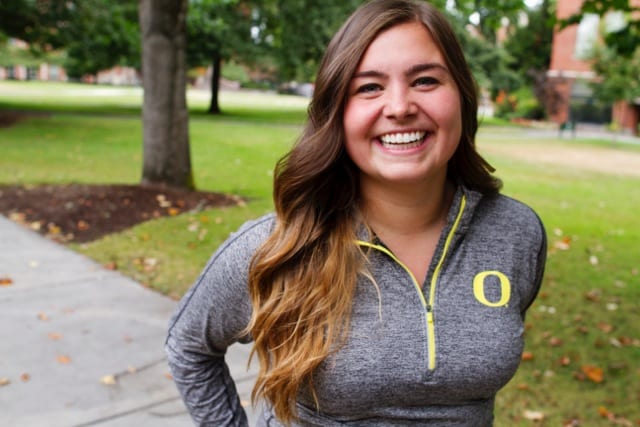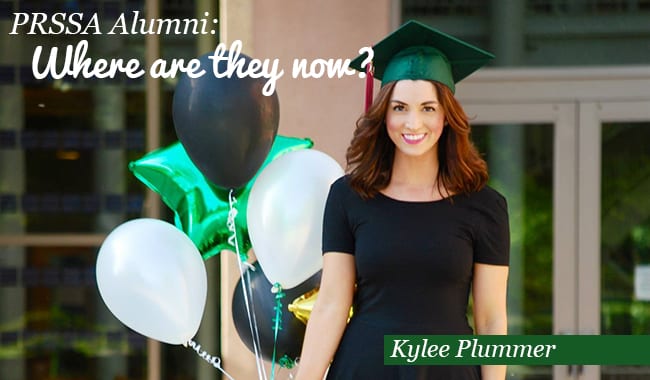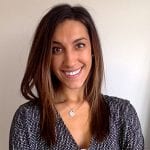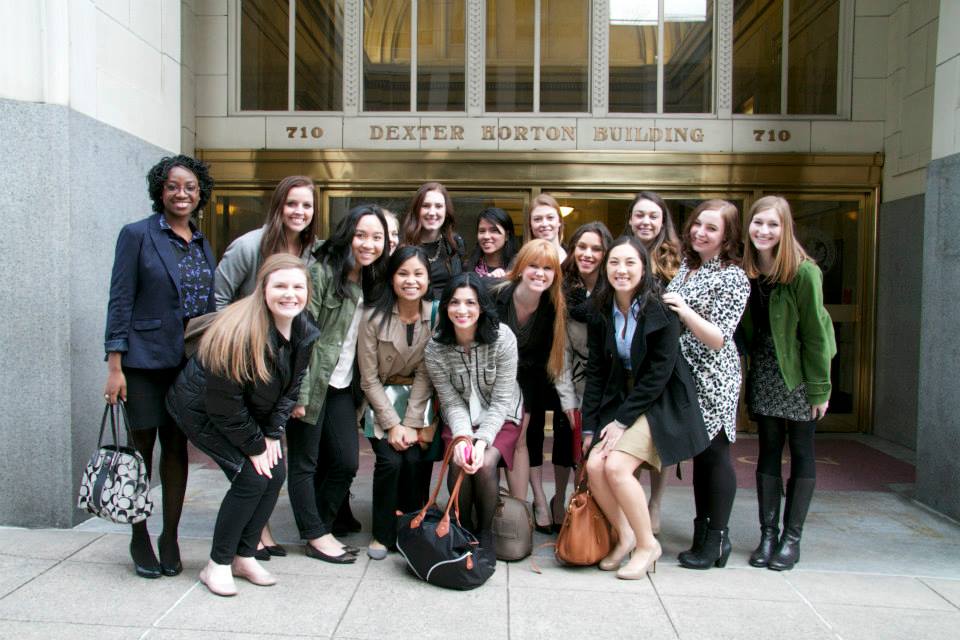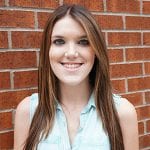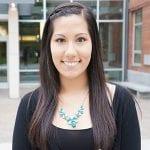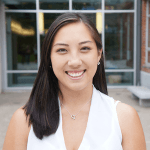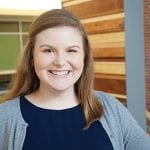Wondering how to stand out from other candidates during the job search? Welcome to the beauty of an informational coffee date, your new ally in the battle of finding a job post-grad.
Informational coffee dates give both a student and a professional the chance to get to know one another without the stakes of a job on the line. The ambiance of a coffee shop provides a relaxed, casual environment to make a connection before you’re on the hunt for a job.
Use these tips to make the most out of your next informational coffee date:
1. Be up front with what you want to talk about
Be specific about what you’re hoping to find out and why you specifically want to meet with this person. This eliminates misconceptions from the professional’s end and gives you a foundation for what you will get out of the meeting.
2. Come prepared
Do some background research on the professional you’re meeting with and their company to avoid wasting time. Try to find out what accounts they have worked on, current happenings within the company and personal interests you can connect on. Have a list of question at your disposal, but remember to listen and carry on the conversational.
3. Keep it short
Be respectful of how long your interviewee is available for and do not exceed that time limit. Many public relations professionals have long days and tight schedules. Sticking to a time frame shows you respect their busy schedule.
4. Ask how can you help them
Stand out by asking if there is anything you can do right now to help them. Asking this question shows the professional you are interested and care about them and their company beyond just the informational interview.
5. Follow up
Be sure to write a thank you note to show your gratitude and a deeper level of interest.
Remember that an informational coffee date does not guarantee you a job. However, if done right they can get you foot in the door. Coffee dates are also great way to gain valuable insight into the industry while building your network.
Have you conducted informational interviews before? What worked for you and what didn’t? Did any of these tips surprise you?
Photo credit: tobi_digital via Compfight cc
Karly Tarsia is currently a junior majoring in Public Relations. She is also the internal events project manager for UOPRSSA. Feel free to follow Karly on Twitter at @karlytarsia





